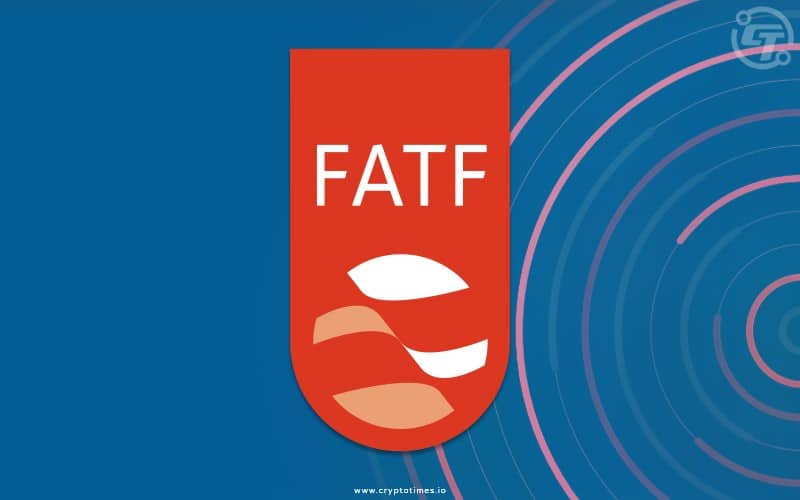In Brief:
- The FATF plenary took place under the German Presidency of Dr. Marcus Pleyer.
- The instructions would “apply to stablecoins” and risks related to “peer-to-peer transactions”, said Dr .Plenary.
On 21 October, The FATF released a notice which declared that it has finalized guidance for dealings in Virtual Assets and VASPs which will be published after a week.
The Financial Action Task Force(FATF) notice read that it will also explain how the FATF Recommendations would apply to these assets and services in the awaiting report.
The Recommendations were finalized following a public consultation held in March-April 2021. The FATF plenary took place under the German Presidency of Dr. Marcus Pleyer in Paris. It was a three-day long event from 19 October to 21 October.
The FATF will also be vigilant and closely monitor the virtual assets and VASP sector for any material changes that facilitate further revision or clarification of the FATF Standards. It plans to publish an updated version on October 28.
On this Guidance, Dr. Pleyer remarked, “It explains how the FATF standards apply to stablecoins, and it addresses the risk for peer-to-peer transactions and illustrates tools to identify and mitigate these risks. With the emerging solution for cross border transfers, the guidance also covers the so-called travel rule and includes principles of information sharing and cooperation among supervisors.”
The FATF Recommendation is expected to give its take on NFTs and a definition of what is considered a “VASPs” in DeFi. According to Siân Jones, the senior partner at XReg Consulting, the document is,“likely to be comprehensive and difficult and expensive for industry to fully comply with,”
Although in FATP March 2021, draft guidance for virtual asset service providers (VASPs) was prepared, the final revised guidance was postponed to give the regulatory body more insights regarding innovations such as decentralized finance (DeFi) and non-fungible tokens (NFTs).
The FATF is an anti-money laundering regulatory agency. FATF currently consists of 39 members; 37 jurisdictions and 2 regional organizations. The risks related to VASPs and crypto technology are addressed by the agency to prevent the misuse of virtual assets for money laundering and terrorist financing.






